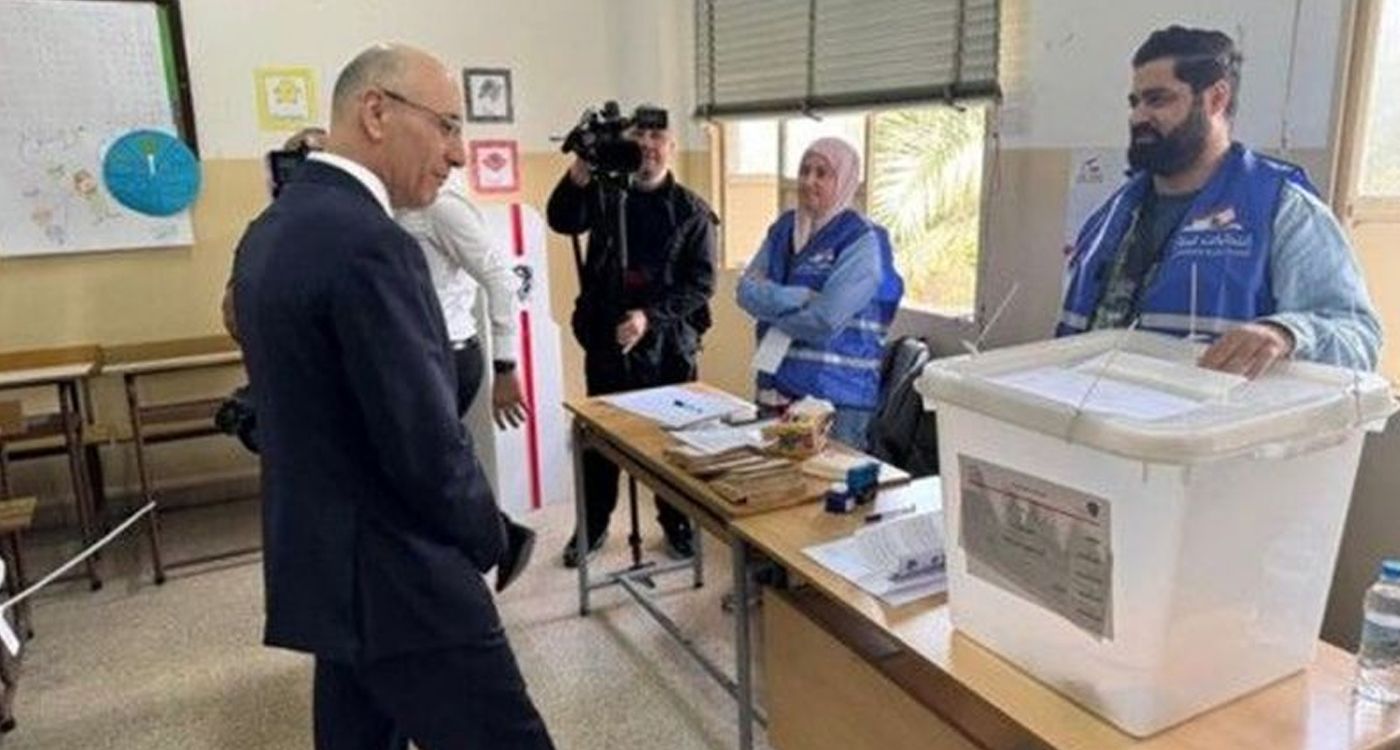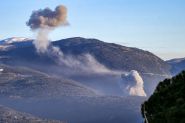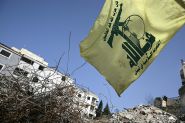
The municipal elections officially began on Sunday morning, with Mount Lebanon hosting the first phase of the four-stage electoral process.
After voting in Chehim, in the Chouf district, Minister of Interior and Municipalities Ahmad Hajjar stated that this “new phase is grounded in respecting constitutional deadlines, enforcing the law, and promoting development within municipalities.”
Before the polls opened, he pledged to personally oversee the smooth running of the vote. He emphasized the importance of transparency and strict adherence to the rules, announcing that the ministry’s operations room would monitor any potential violations and intervene in accordance with the law.
During a visit to Ghobeiry to inspect polling arrangements, the minister stated: “I am very pleased that Lebanon has returned to a state of normalcy and that constitutional deadlines have been met. This marks a new beginning for the country.”
He added that the ministry’s hotline remains open for reporting any issues, noting that “minor incidents were quickly resolved” and that the process was “progressing satisfactorily.”
Hajjar also announced that he would personally monitor voting in Naameh, affirming that “the state is the guarantor of its citizens and has a duty to support them.” So far, he said, the ministry had received no formal complaints—only requests for information.
Hajjar reiterated the importance of state neutrality, urging public institutions and employees to refrain from interference. “Upholding the integrity of the electoral process and addressing violations is essential,” he said.
He concluded by expressing hope that the elections would take place calmly and contribute to the long-awaited development the Lebanese are seeking.
Calls for Reform and Broad Participation
As municipal elections got underway, several political figures hailed the vote as a democratic milestone and an opportunity for real change in Lebanon.
In a statement, former President Michel Sleiman highlighted the importance of the elections, calling them a starting point for reform and decentralization.
“Today, citizens have the chance to bring about genuine change by choosing their local representatives,” he said. Sleiman urged voters to cast their ballots responsibly, concluding on a hopeful note: “The Lebanese people, who have contributed to the progress of many countries, especially in the Gulf, can also succeed in rebuilding their own nation.”
Lebanese Forces leader Samir Geagea also praised the authorities for holding the elections on schedule. “Organizing the vote on time, without delay, demonstrates seriousness and respect for the citizens’ right to change,” he said in a statement.
Lebanese Forces leader Samir Geagea also praised the authorities for holding the elections on schedule. “Organizing the vote without delays shows seriousness and respect for citizens’ right to change,” he said.
He urged voters—especially in Mount Lebanon—to turn out in large numbers: “This election directly affects people’s daily lives. If they vote wisely, they can help improve and develop their communities.”
Geagea also cautioned against turning the elections into a political score-settling exercise, and he commended security forces for their efforts, as well as Minister Hajjar for “ensuring proper preparations and the smooth running of the vote.”
Interviewed by MTV from Qartaba, former MP Fares Souhaid welcomed the calm and orderly conduct of the elections in the locality, describing the race as “democratic and peaceful.”
“Today, Qartaba is setting an example,” he said, highlighting the region’s tranquil atmosphere. He also pointed to the political alignment between his group and the Lebanese Forces: “We share the same political vision.”



Comments